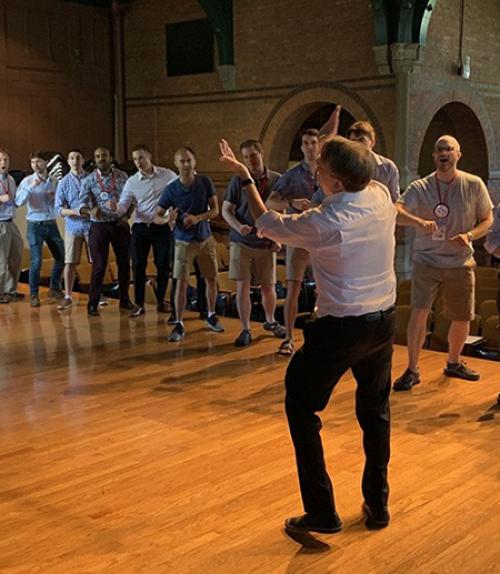
Cornell Glee Club celebrates 150 years with 300 voices
Glee Club members overflowed the Bailey Hall stage, singing from sections on either side, as well.
 Department Homepage
The College of Arts & Sciences
Department Homepage
The College of Arts & Sciences

Glee Club members overflowed the Bailey Hall stage, singing from sections on either side, as well.
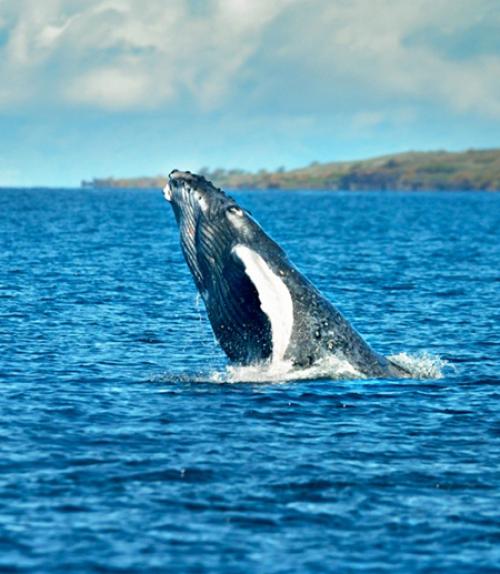
Annie Lewandowski worked with Google Creative Lab on a project developing artificial intelligence to recognize patterns in humpback whale songs.
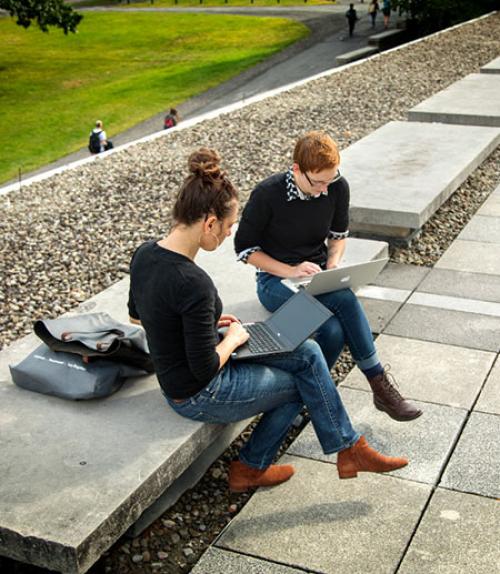
“We are recruiting the most promising emerging researchers from around the world."

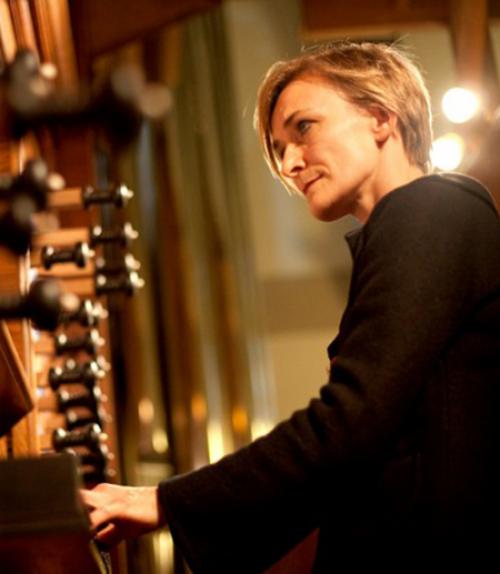
The Cornell Center for Historical Keyboards celebrated a new space for its instrument collection at 726 University Ave. with “New Meets Old: Collaborative Confrontations,” a festival Sept. 6-7, presented by the Department of Music in the College of Arts and Sciences.
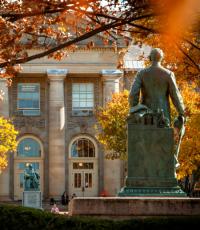
The Cornell Department of Music’s Steven Stucky Memorial Residency for New Music begins with the Israeli Chamber Project (ICP) visiting campus as the initiative’s inaugural ensemble Sept. 16.
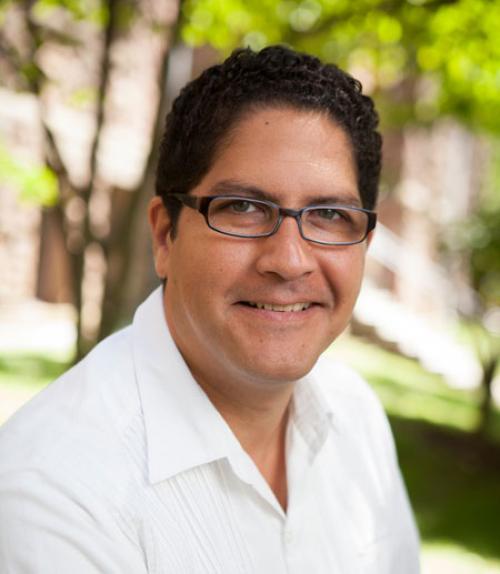
Professor of musicology and ethnomusicology Alejandro L Madrid recently received the American Musicological Society’s 2018 Philip Brett Award for his article, “Secreto a Voces: Excess, Performance, and Jotería in Juan Gabriel’s Vocality.”
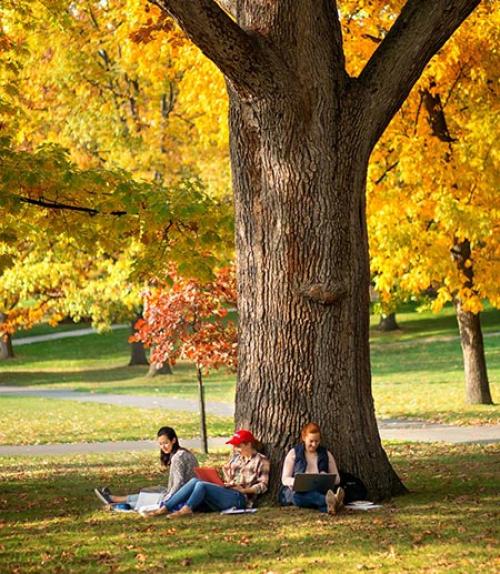
The one-year fellowships allows students to focus on their research without having to teach.
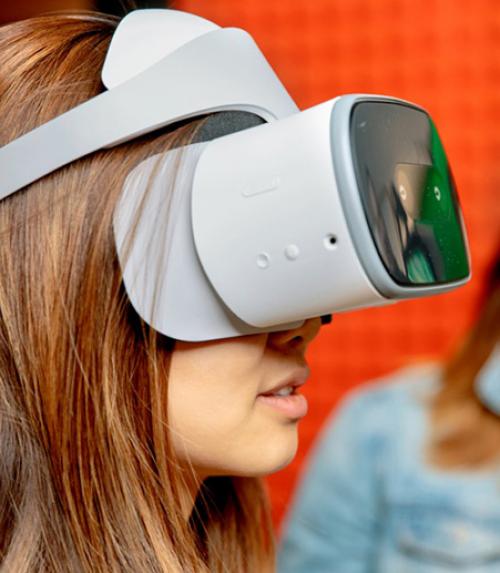
This year’s Innovative Teaching and Learning Award winners will give Cornell students a host of new opportunities and experiences – from building their own musical instruments to using new software programs for imaging dynamic processes inside the human body.
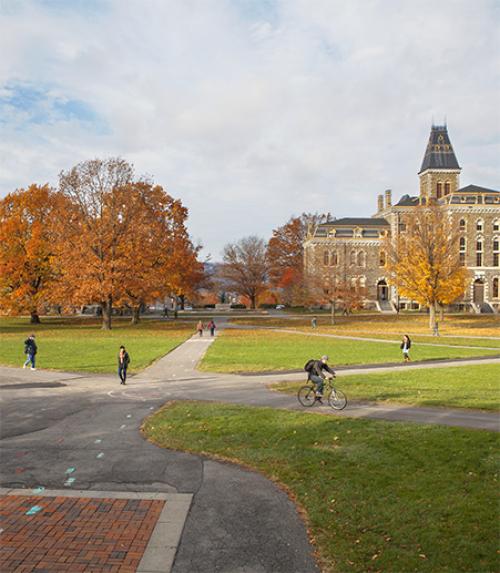
Twenty-four faculty members, representing six colleges and the Cornell University Library, have been named to the Engaged Faculty Fellowship Program.The 2019-20 cohort, the largest in the seven-year history of the program, joins more than 50 other faculty fellows dedicated to advancing community-engaged learning at Cornell and within their respective fields.
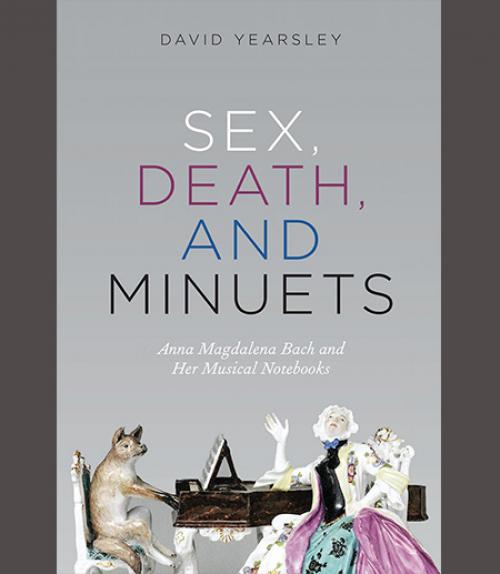
Anna Magdalena Bach has been called “history’s most famous musical wife and mother.”
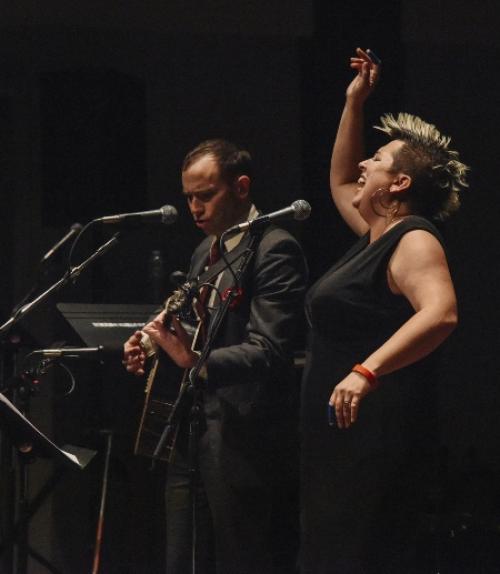
Explore treasures of Sephardic Jewish music culture at Book of J’s performance of “LA Archivera” on Monday, Nov. 11, at 8 pm in Cornell University’s Barnes Hall Auditorium. The free event will feature mid-century Los Angeles and 20th-Century Jewish Ottoman music traditions. The public is invited.
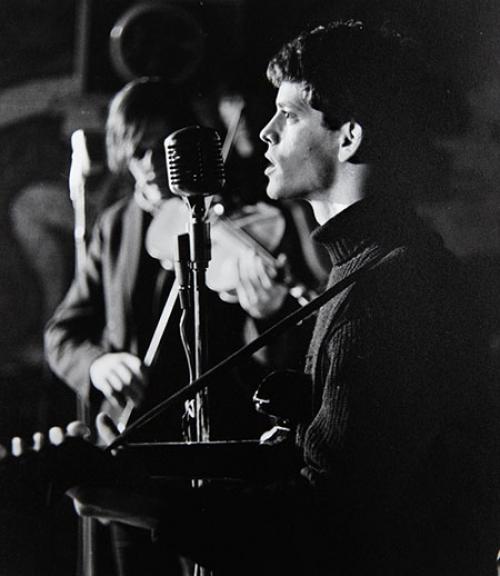
"The import of the discovery didn’t hit me until...a curator of the archive said, ‘I think you’ve just discovered a lost Lou Reed album.’”
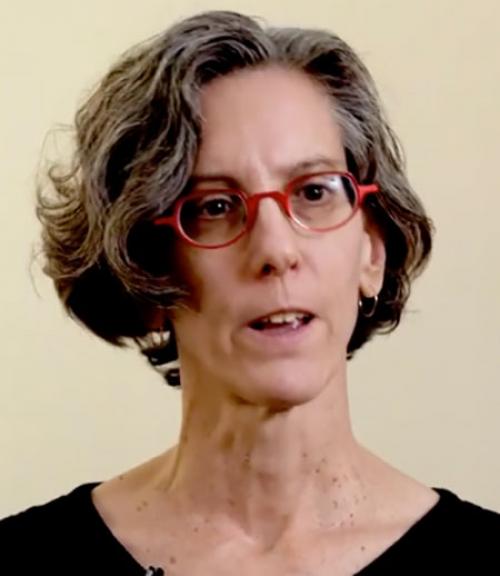
In this Washington Post opinion piece, Judith Peraino, music professor, describes her amazing discovery of unknown Lou Reed songs at the Andy Warhol Museum in Pittsburgh.
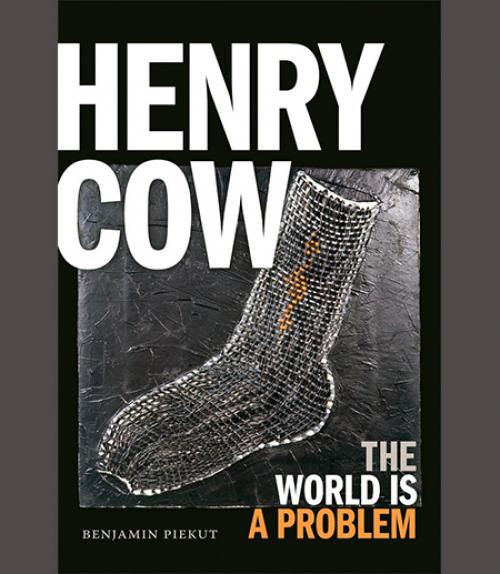
Cornell professor Benjamin Piekut’s latest book is an exhaustive study of an experimental British group that blurred the lines between genres as it created captivating music.
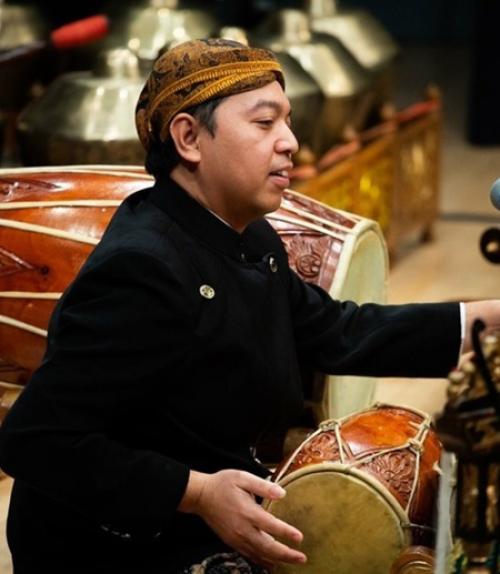
The Cornell Gamelan Ensemble presents two days of Indonesian performances at the Herbert F. Johnson Museum of Art with visiting guest artists from Java and Bali. On Thursday, Nov. 21 at 7 p.m., guest artists Gusti Sudarta (Indonesian Institute of the Arts, Denpasar) and Darsono Hadiraharjo (SEAP Visiting Critic) will perform excerpts of traditional wayang (shadow puppetry), providing audiences a rare opportunity to experience both Balinese and Javanese forms of this vital art form.
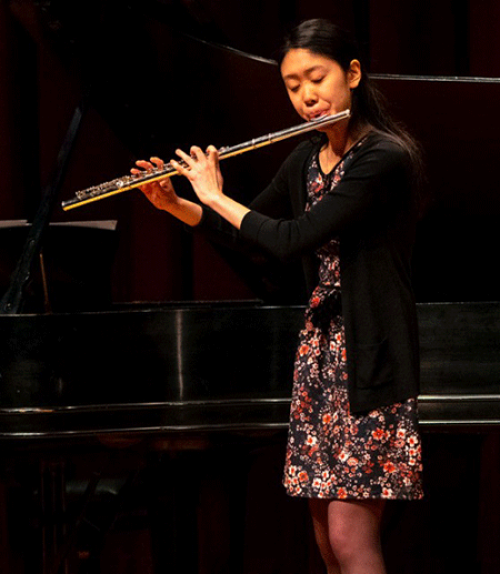
The Cornell Symphony Orchestra's principal flautist performed Georges Hüe’s Fantaisie for Flute and Piano.
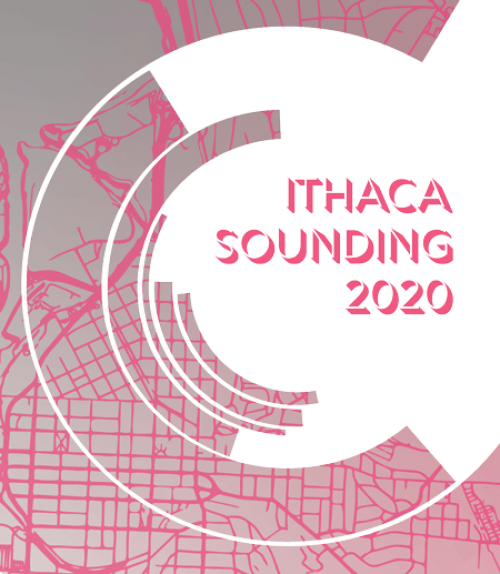
Cornell’s Department of Music is collaborating with performers from Ithaca College and the community to offer Ithaca Sounding 2020, a multi-day, multi-venue event Jan. 30-Feb. 2.The festival and symposium will feature concerts, workshops, talks, presentations and readings focused on modernist and experimental concert music by Ithacans past and present, including keyboard composers Julius Eastman, Sarah Hennies, Robert Palmer, Ann Silsbee and David Borden.
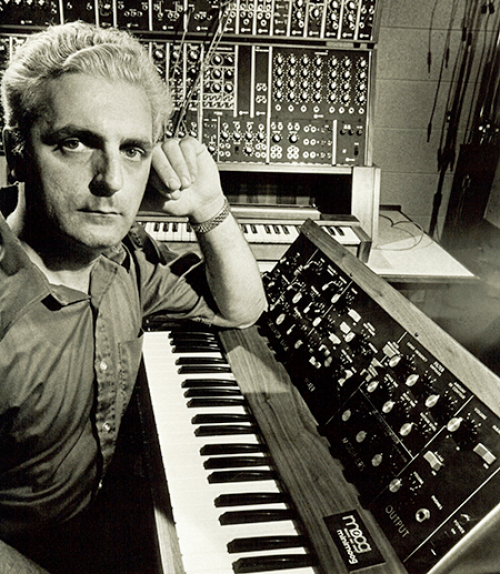
The strange oscillations that first emanated from the small synthesizer factory of Robert Moog, Ph.D. ’65, more than a half-century ago in the quiet village of Trumansburg, New York, have become signature sounds reverberating throughout the history of electronic music – from Wendy Carlos to Daft Punk; from Emerson, Lake and Palmer to Flying Lotus.
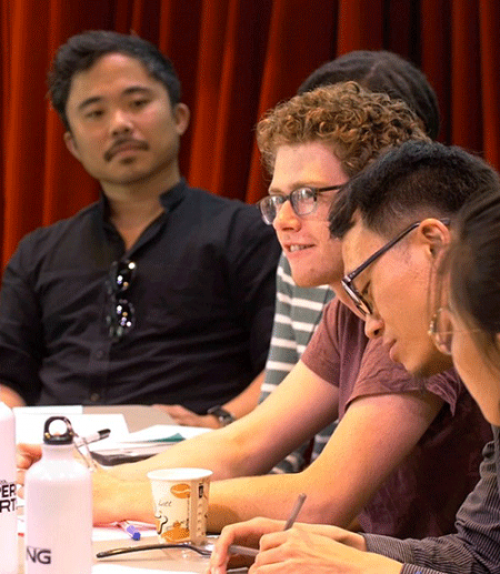
The four faculty teams that received funding support through the President’s Visioning Committee on Cornell in New York City have conducted cross-campus workshops, hosted interdisciplinary talks and expanded their outreach as they move towards presenting final results in the fall.
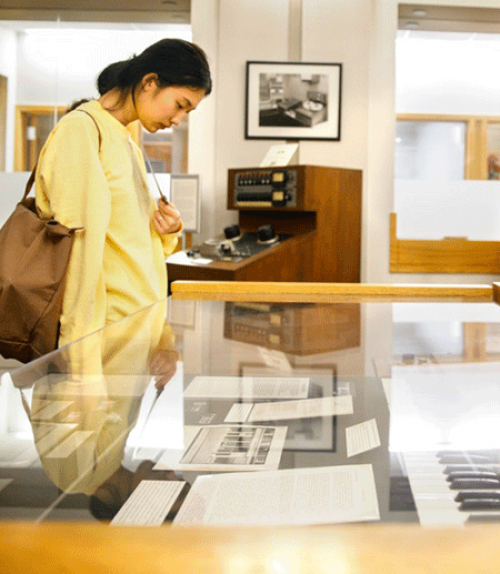
Cornell and the Ithaca community celebrated the life, work and influence of synthesizer inventor Robert Moog, Ph.D. ’65, with three days of events March 5-7.
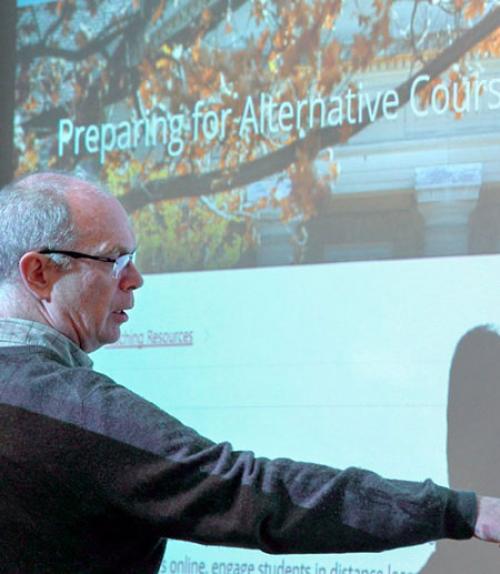
Cornell's Center for Teaching Innovation is helping faculty prepare for the shift to virtual learning April 6.
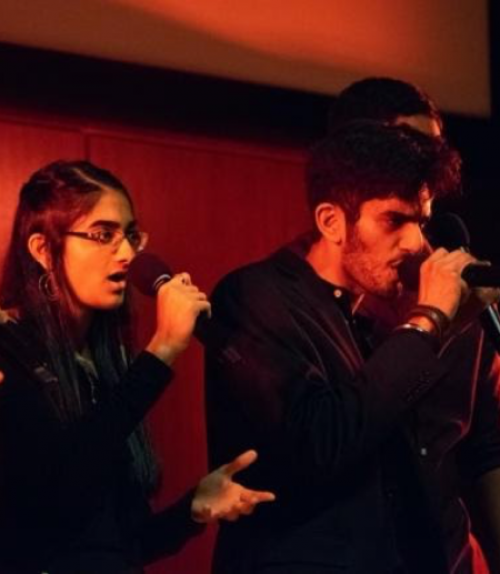
One of the most distinctive aspects of college is a capella. It only takes a few weeks for the never-ending string of showcases and concerts to begin. Posters are plastered all over campus, and Ho Plaza is dominated by quarter cards. From the spontaneous arch sings to the nonstop Facebook invites, a capella groups are persistent to no end. What drives this persistence, though, is the immense loyalty and commitment that a capella fosters among its members.
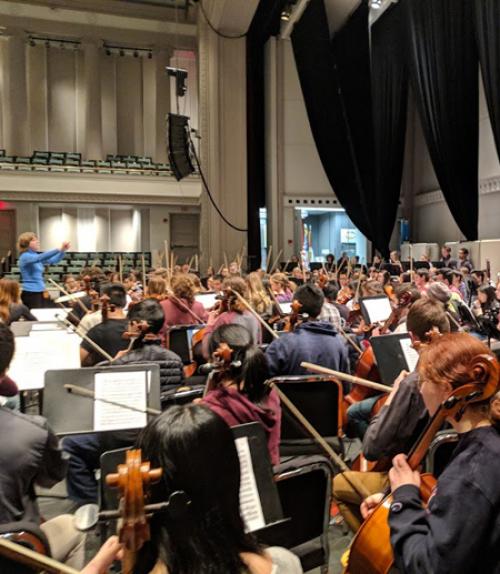
This column was written before our current remote learning model, so while Eric isn't on campus enjoying creating music with his peers, he is working remotely on his musical pursuits and other classes. As a senior, I've wrapped things up with my major and will spend my last semester pursuing the things I really enjoy. Looking back at what I've done, I think that music has been the biggest and most important influence on my undergrad experience.
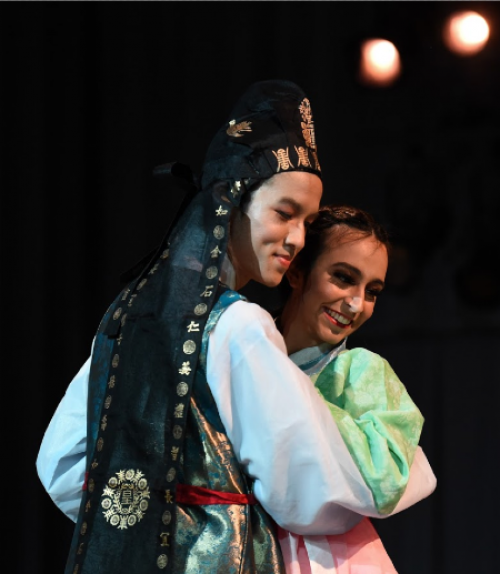
Previously in these blogs I’ve written about how I became involved in a group I never thought I would join: HanChum Traditional Korean Dance Team. I joined the fall semester of my freshman year, and now I’m six semesters in and absolutely loving the experience. I’m not Korean, and I had never done any kind of traditional dancing.